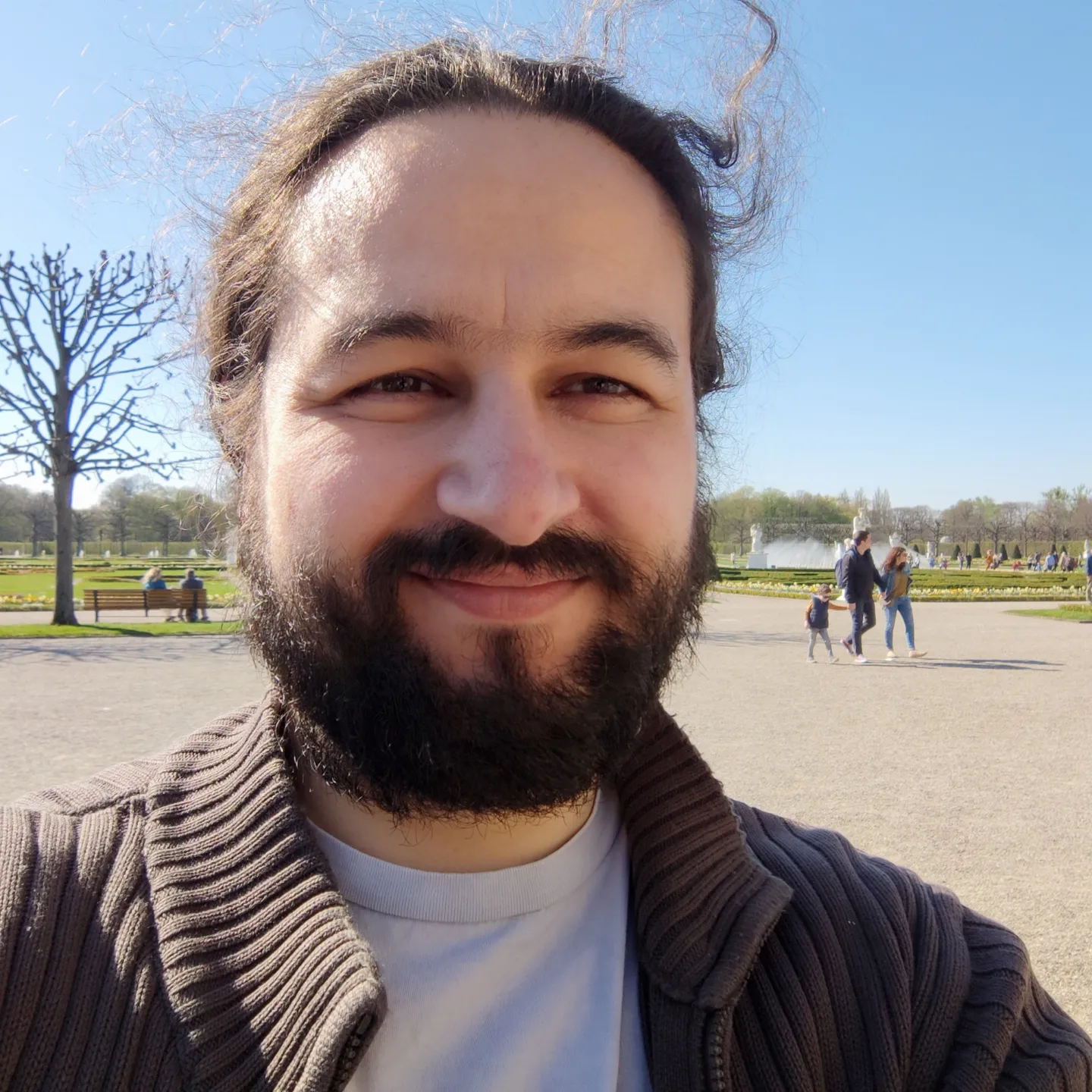We’re now one day away from Stoicon 2022, which is coming up online again this Saturday, October 29, and we’re continuing our tradition of publishing interviews with the Stoicon speakers, workshop providers, panelists, and organizers. Our eighth interview is with Sascha Rother, one of the panelists for our “Stoicism Around The World” panel.
To see the schedule for Stoicon, or to get your ticket for this event – donations for tickets support the continued work of Modern Stoicism, Ltd – click here and you will be taken to the Stoicon 2022 Eventbrite site.
How would you like to introduce yourself to the readers of Stoicism Today, and to people who might be interested in Stoicon?
My name is Sascha Rother, I’m 43 years old, and I teach Natural Sciences and Ethics at a secondary school in Hannover, Germany. Being a secular Humanist, I started studying Stoic philosophy about 8 years ago to learn more about one major ethical foundation of modern Humanism. For the last three years I have been facilitating a local group called Hannover Stoics, which has featured a series of online, and in-person events including two Stoicon-X conferences in 2021 and 2022.
What are you most looking forward to about the Stoicon conference?
I really love the international atmosphere of the event. It offers a unique ability to listen and talk to experts of the Modern Stoicism movement, as well as meeting and making friends with people like me, who are running local groups at other places around the world.
Stoicism has a wide popular appeal right now. Why do you think that is the case?
Traditional religion in the West has experienced a decline as a source of meaning and narrative of the good life. I think, however, that Kerry Sanders was right, when she said that human existence has not changed. Stoicism offers an elaborate practical approach to address fundamental questions concerning human lives.
Are there any Stoic practices that you make use of routinely? What effects have you found they have for you?
On my way to work or back home I often read certain passages of the classic texts, and I meditate on their meaning. I find that very relaxing and soothing.
Also, I try to anticipate bad stuff that might happen in class, and focus on what I can control in such situations. I find both techniques really helpful to reduce stress and feelings of anger and frustration. However, I must say that I am still on my way to make this a routine.
What was your first encounter with Stoicism? What drew you into it early on?
I am not quite sure if I remember it correctly, but I think my first encounter with Stoicism was a lecture on Greg Sadler’s YouTube channel. Almost at the same time I started reading a collection of essays by Seneca; but what really drew me into Stoicism were Epictetus’s dialogues and handbook. Their rigorous and reinforcing style had a lasting impression on me, and although I’m non-religious it read in part like a kind of secular revelation. At the time I was also starting my second career as a teacher; Stoicism helped me to cope with anxiety, and I’m still happy about this fortunate coincidence.
What aspects of Stoicism have become more important or interesting to you as your studies deepened over time? Why did those aspects become more important or interesting?
Understanding classic Stoicism’s teleological or cosmological aspects and their impact on its ethics has become more important to me over time. They provide powerful visualisations and narratives, which I find very fascinating from a Humanist’s point of view.
If you had to pick just a few things about Stoicism you think people would find most useful, what would you say those things are?
I guess I would pick two things: first Stoicism´s emphasis of autonomy, that a person is not bound to feel or react in a certain way, but that they can experience an inner freedom from external events. And second, the affirmation that everyone can practice virtue and improve their character.
Some of us get excited about Stoicism every year, but there are always people ready to say “Stoics shouldn´t get excited”. What do you think about this?
I would respond to these people that from a Stoic point of view excitement probably counts as a kind of involuntary reaction, which results from the notion that something joyful is going to happen. Joy on the other hand is a true and good emotion for Stoics, and in this case is experienced through meeting likeminded people, learning and teaching about virtue. So, being excited about Stoicism shouldn’t be an issue, as long as you keep in mind that a lot may happen in between Stoic conferences that you don’t control, and you don’t let it distract you from fulfilling your other duties.
One of the questions we raise every year is: Have we reached peak Stoicism? What do you think? Has Stoicism reached its peak when it comes to contemporary interest in it?
That’s hard for me to say. I hope not. What I can tell is that at least in Germany Stoicism has received a little less attention compared to English speaking countries, which I think is in part due to a lack of prominent figures, especially in academia, who act as advocates of the philosophy. However, the Stoic community in Germany is growing, and the people who participate in our events are very interested. I would like to think that Stoicism will continue to grow in the near future, and attract even more people, who have been looking for some kind of “secular way of life”.





[…] Source link […]